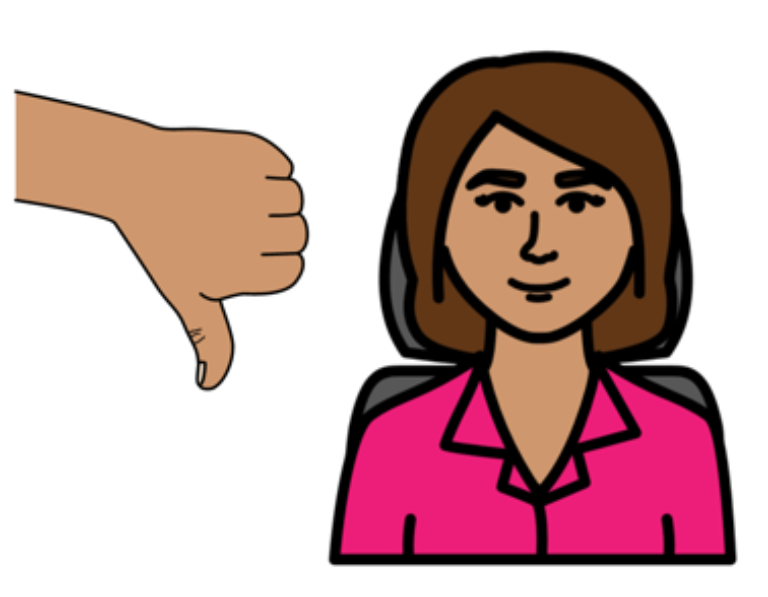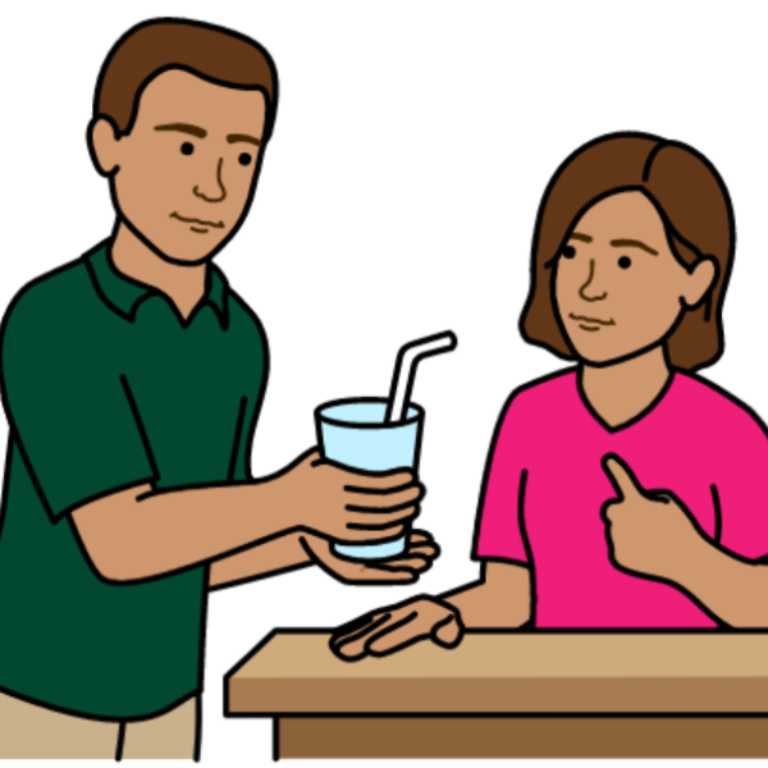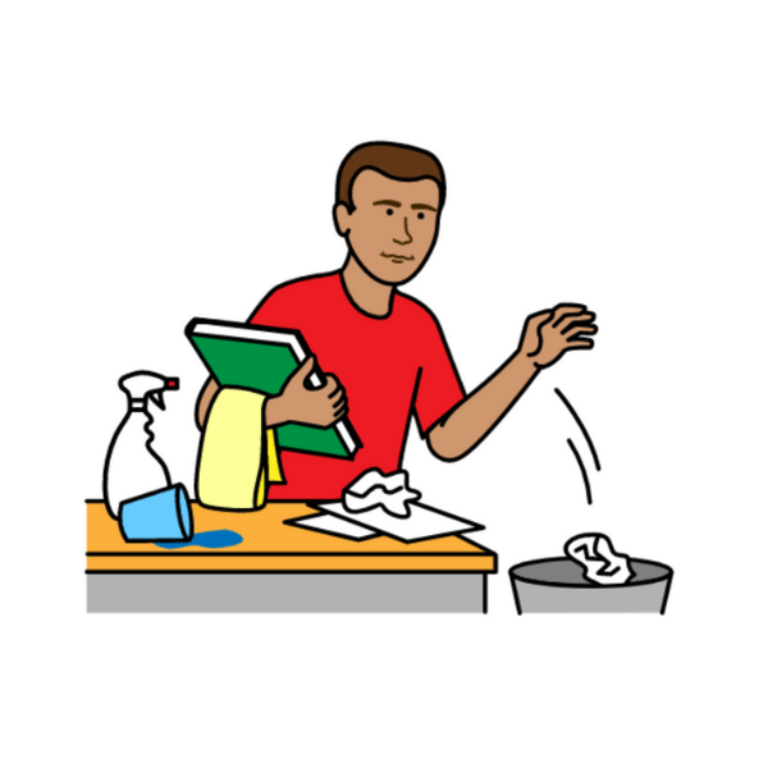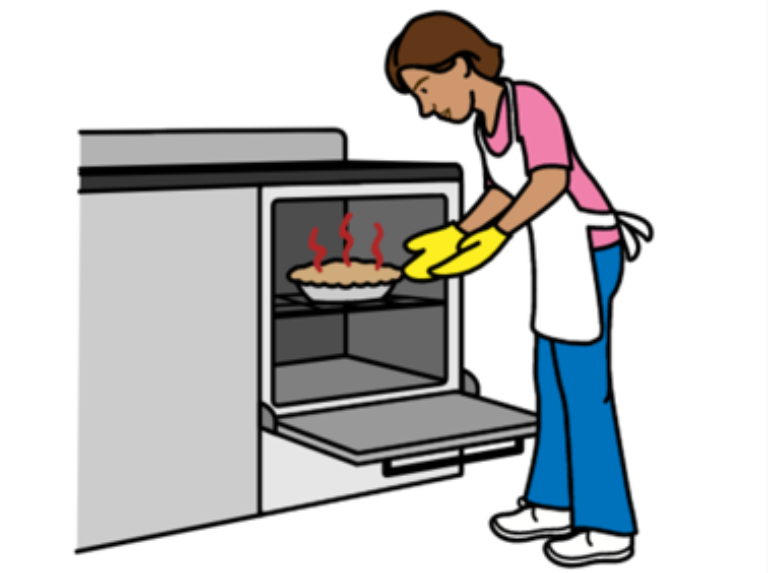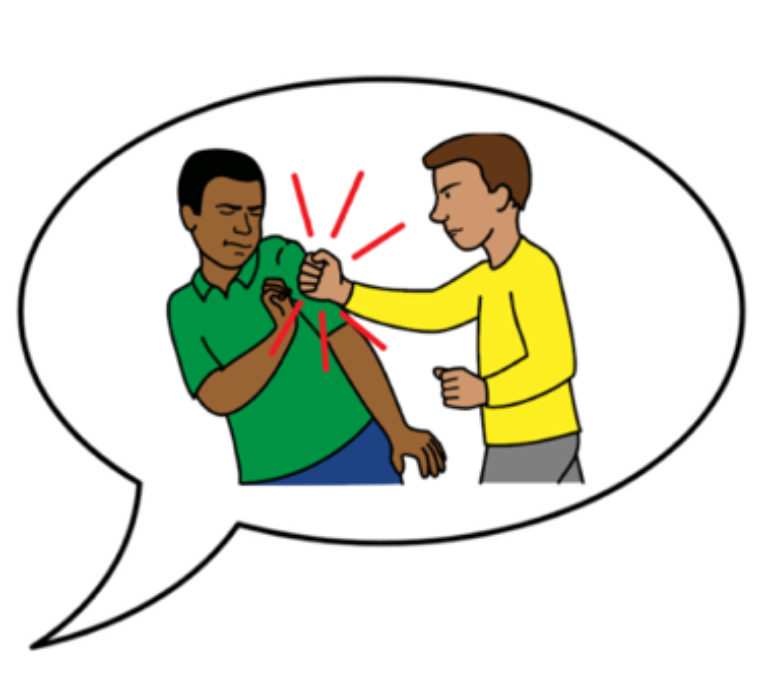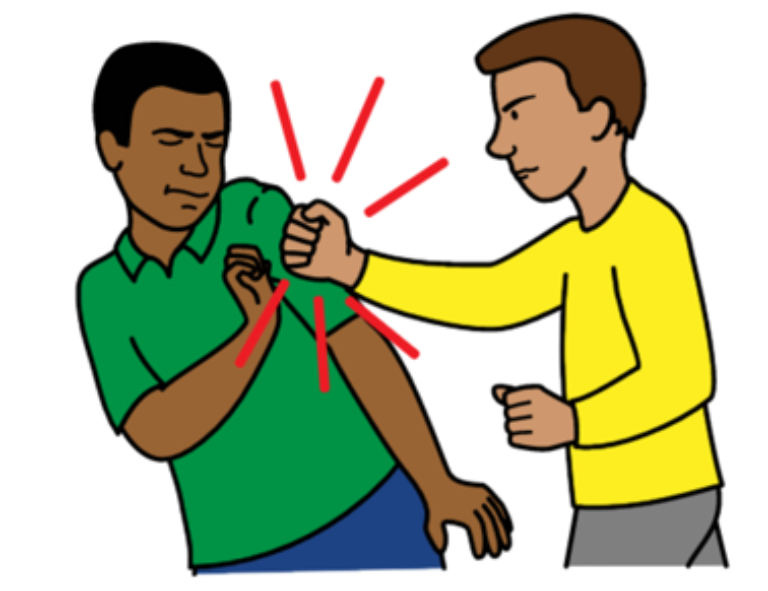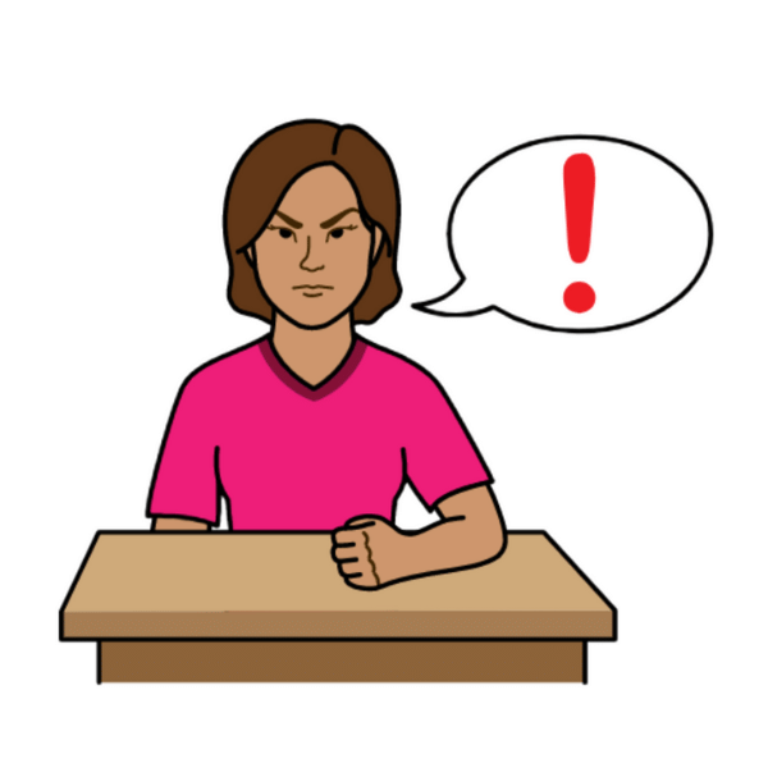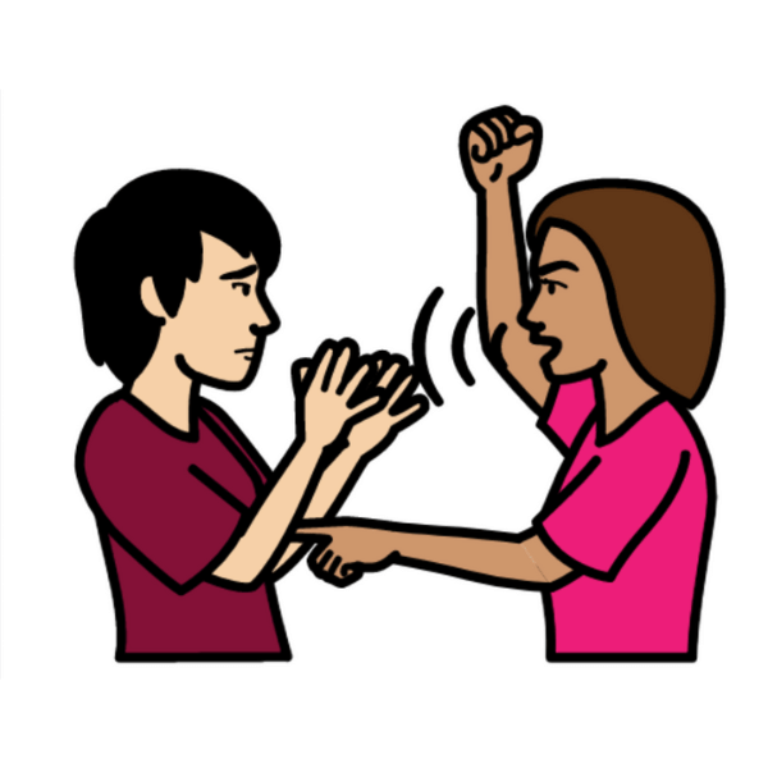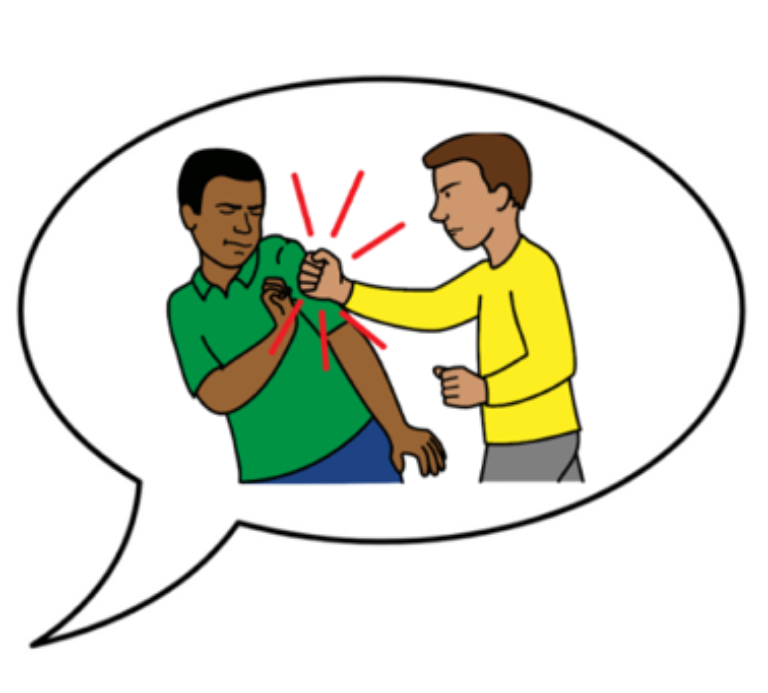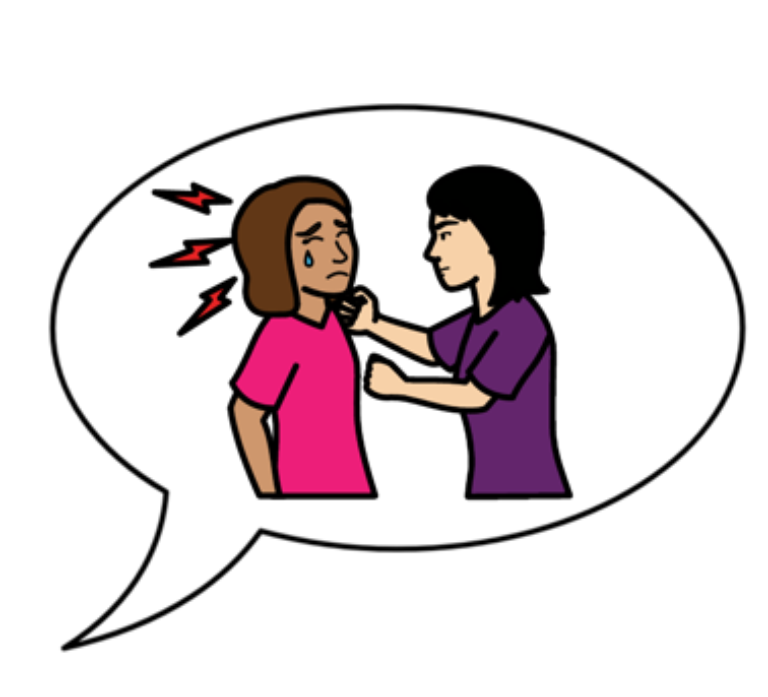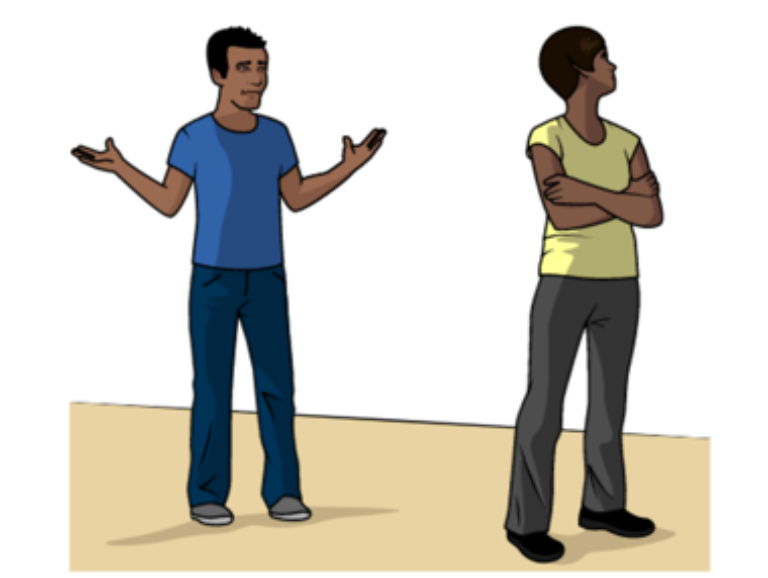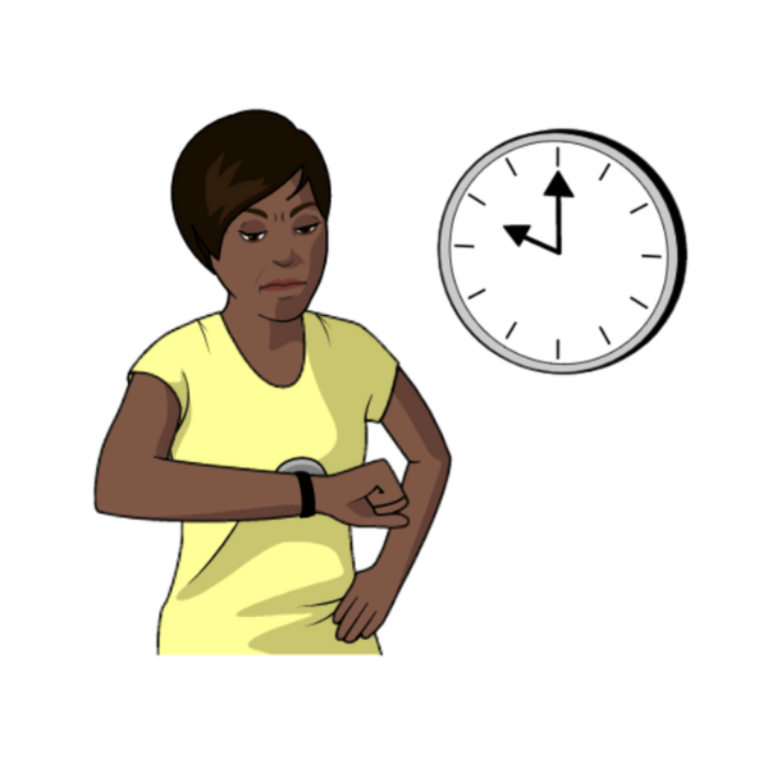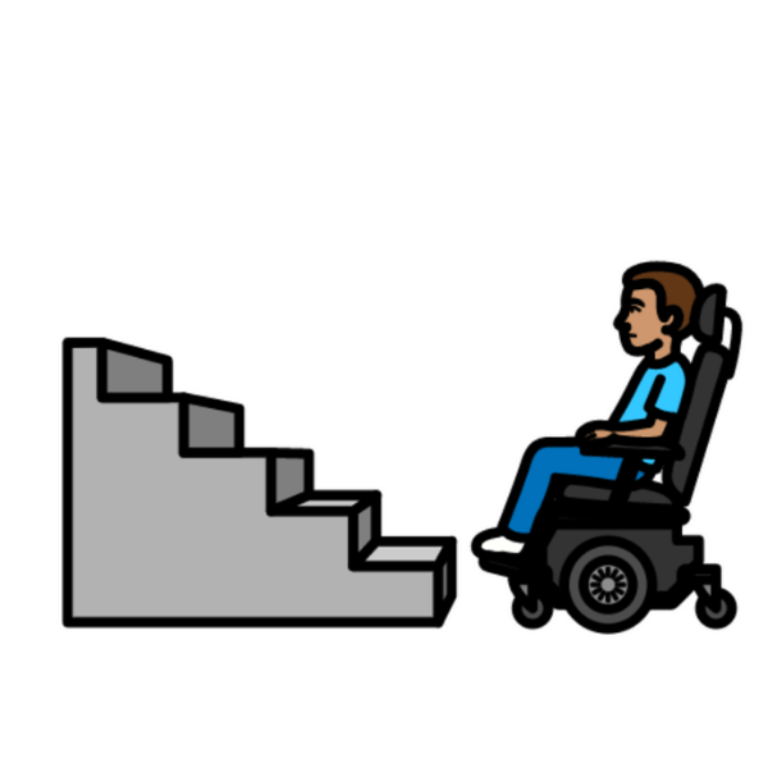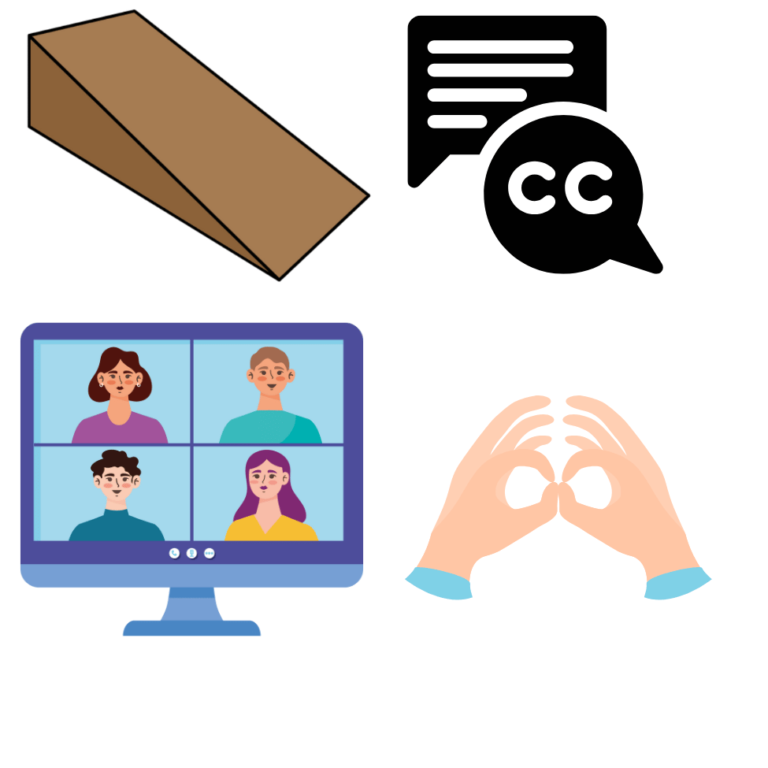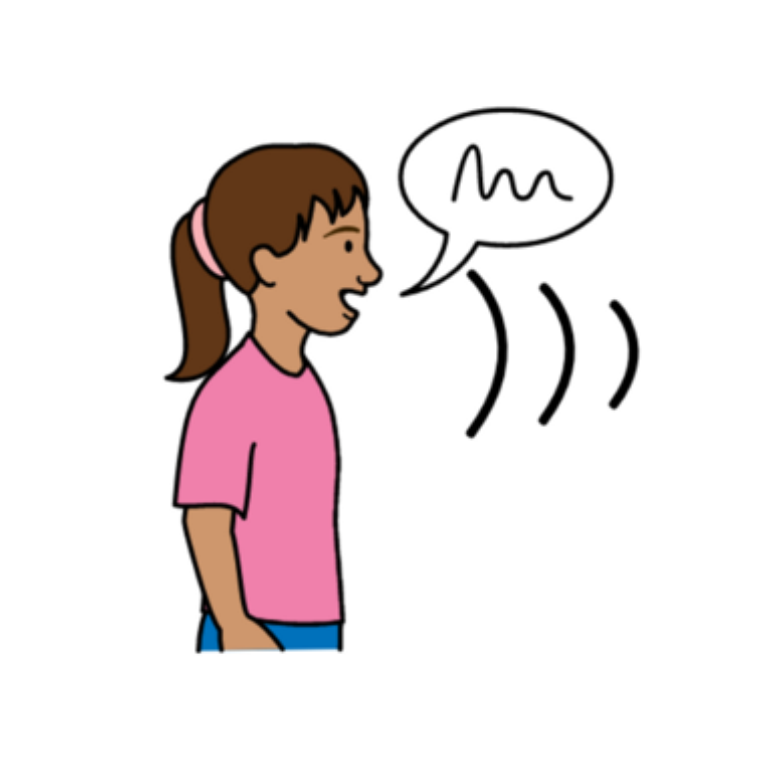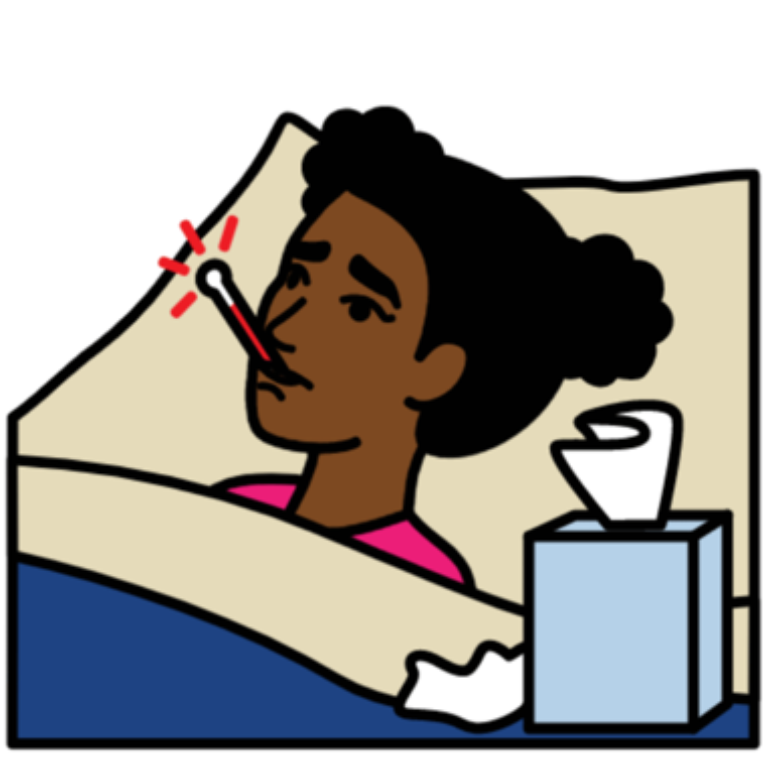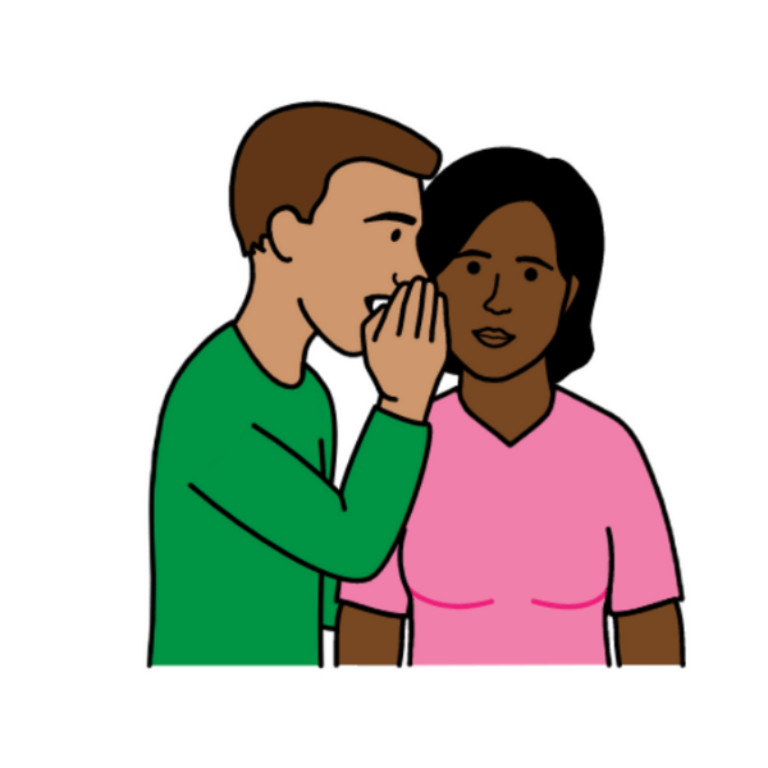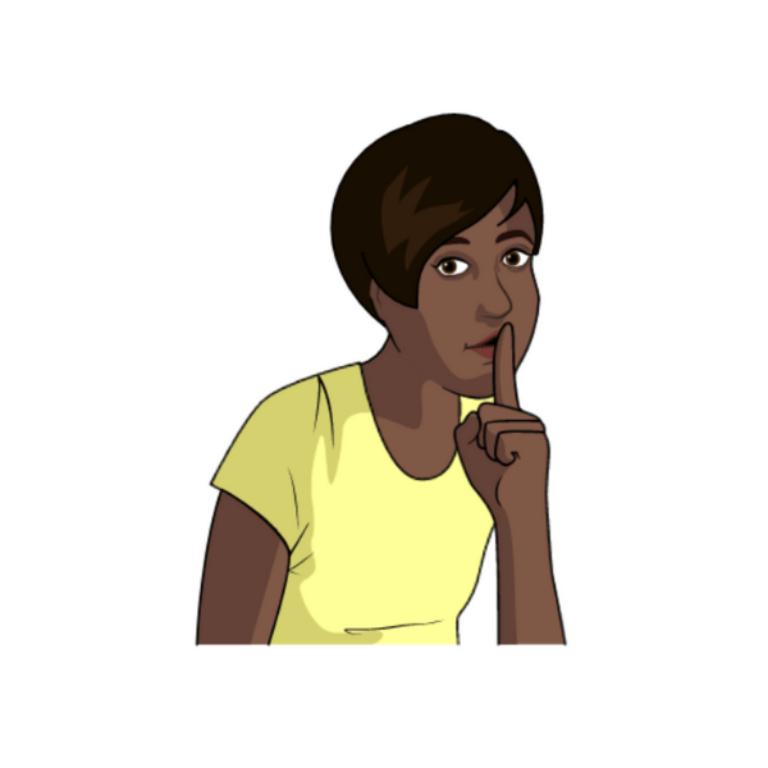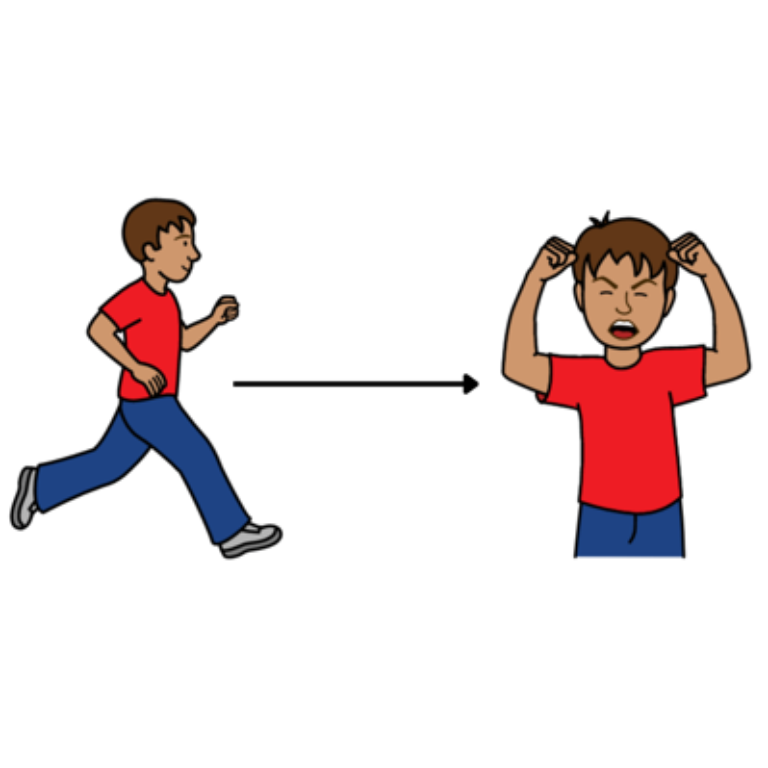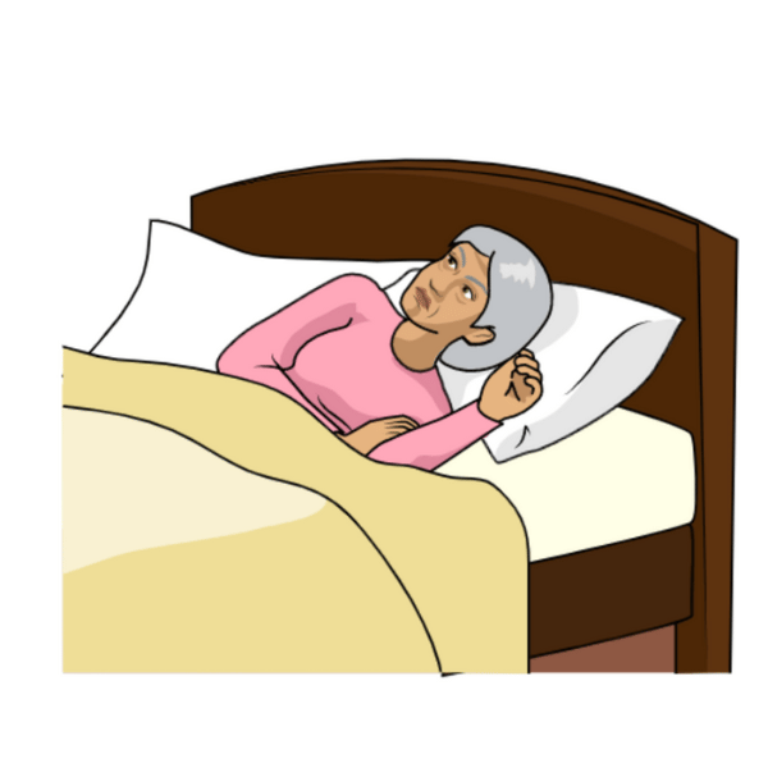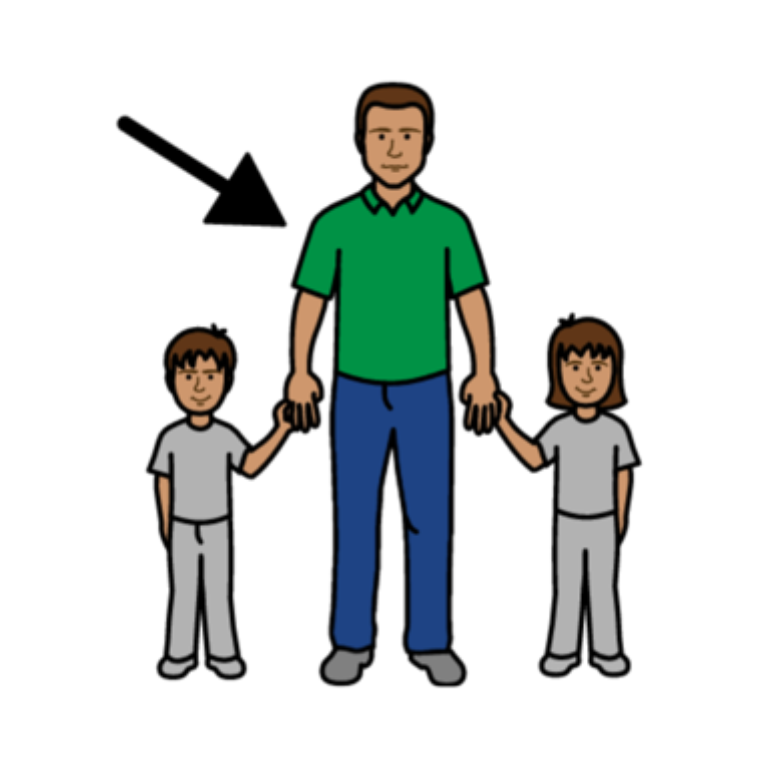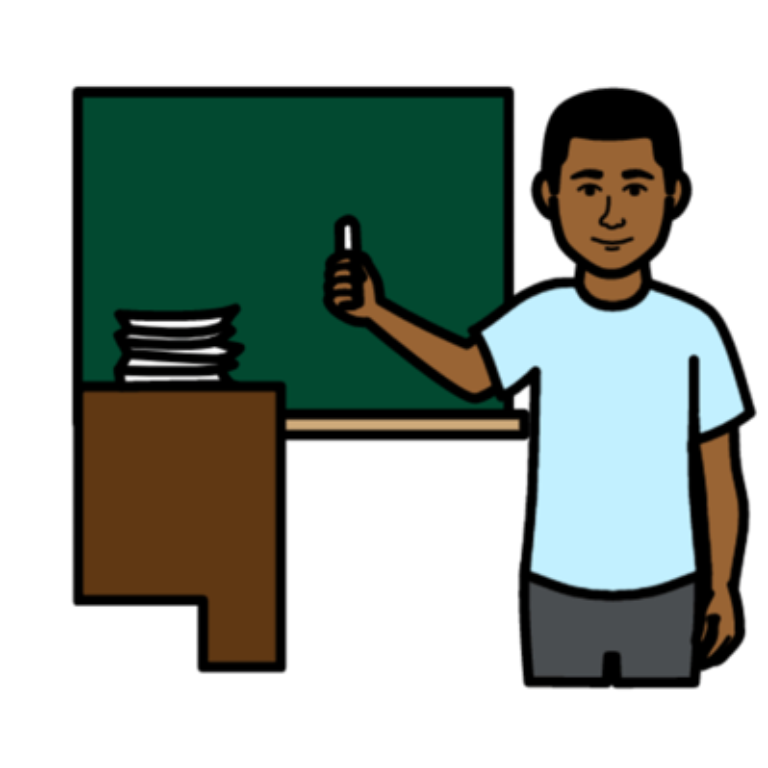Signs something is wrong with your disability supports
You may feel like something isn’t right with your disability supports, even if you can’t explain why.
That’s okay.
If something feels wrong—whether it’s a conversation, a space, or the behaviour of someone around you—it’s important to pay attention to those feelings.
To figure out what is wrong, pay attention to how you’re feeling, what you’re doing, and what others around you are doing.
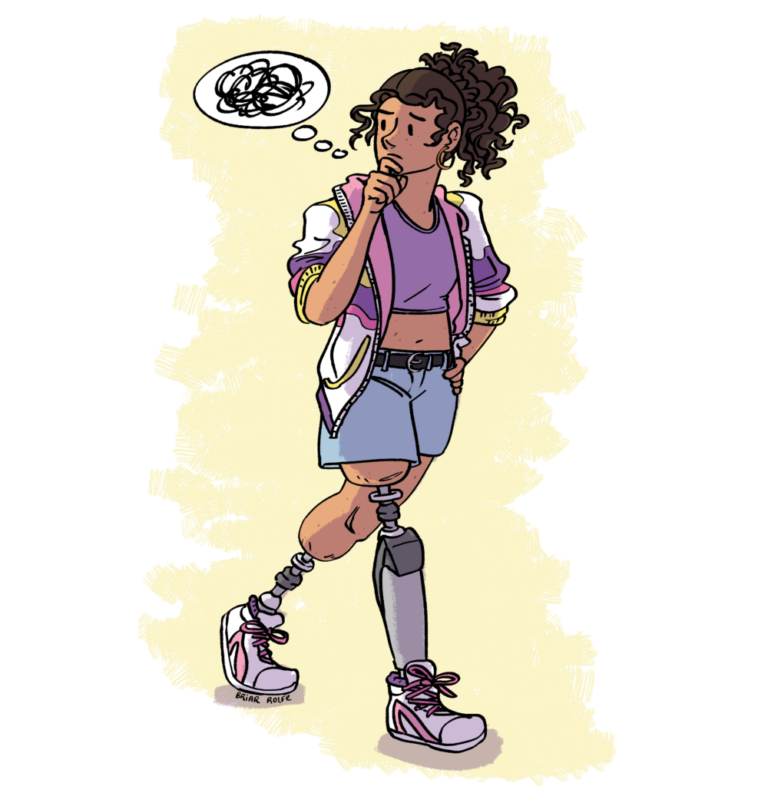 Illustration of a person of colour wearing two prosthetic legs. They're walking and thinking, with a thought bubble above their head and one hand on their chin.
Illustration of a person of colour wearing two prosthetic legs. They're walking and thinking, with a thought bubble above their head and one hand on their chin.
Tell someone you trust
On this page you’ll find some signs and feelings to look for when something is wrong.
But remember, these are just examples. If someone is doing something that doesn’t feel right, even if it’s not mentioned here, it’s a good idea to tell someone you trust.
Signs something may be wrong
When you get support from a service provider or support worker, something may be wrong if they:
- Don’t meet your access needs. For example, if you are Deaf and ask for an Auslan interpreter for a meeting with your service provider, but they ignore your request.
- Talk over you or ignore what you’re saying.
- Make jokes about your disability or identity.
- Use hurtful language or yell at you.
- Put you in unsafe situations or make you feel unsafe.
- Share your personal information without permission.
- There are some situations when they must report and tell someone because it is the law. For example, if they think you might hurt yourself or someone else.
- Hurt you, threaten you, or force you to do things you don’t want to do.
- Don’t show up on time, or at all, without letting you know.
- Use your money without your permission.
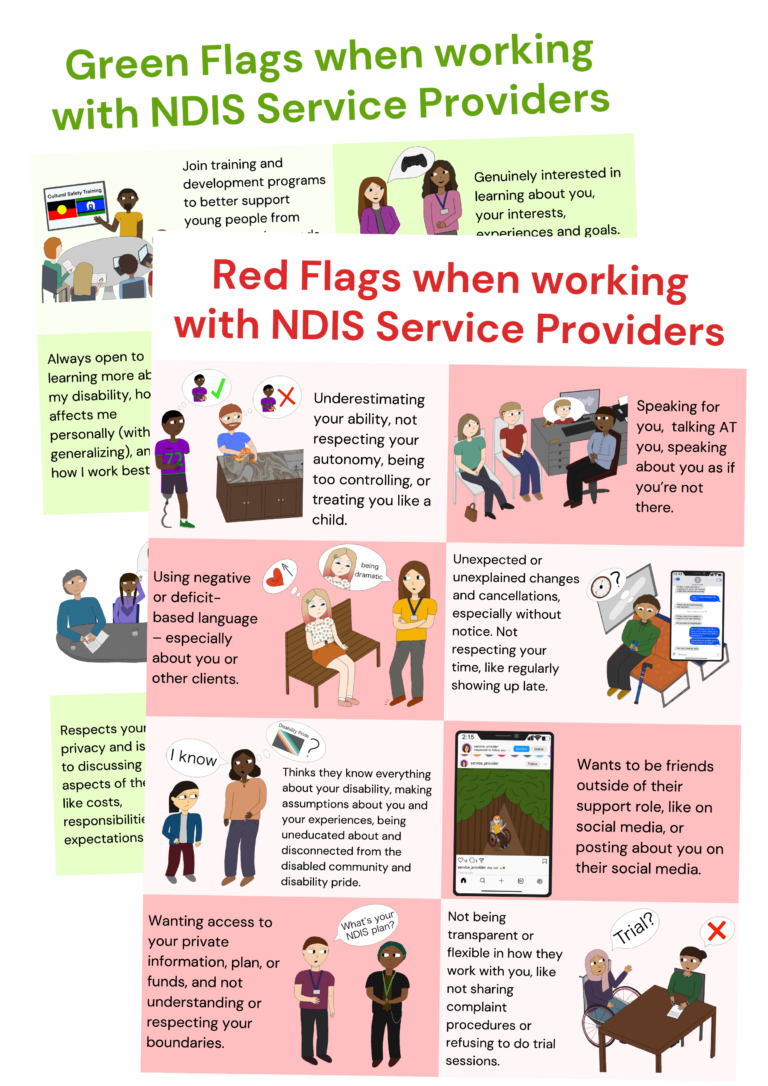
Green and red flags
Green flags are positive things – the things you should look for in your NDIS supports. Red flags act as warnings, that the support worker or service provider might not be the best fit.
Knowing the common green and red flags can help you figure out if something is wrong, or stop something going wrong.
Ren created this poster to show other disabled young people some examples of green flags and red flags.
Feelings you may have if something is wrong
Sometimes, we may not know exactly what’s wrong, but certain feelings can be a sign that something is wrong.
If something is wrong, you may feel:
- Unsafe
- Ignored
- Scared
- Sick
- Hopeless
- Tired
- Anxious
- Confused
- Hurt
- Angry
- Ashamed
- Powerless
- Like you must keep secrets
How to figure out how you are feeling
Emotions log
An emotions log helps you track your feelings and figure out what might be causing you to feel bad.
Write out:
- when you’re feeling down
- what’s happening at the time
- and any patterns you notice.
The emotions log can help you notice common triggers. Maybe you’re interacting with someone that makes you feel uncomfortable, or maybe someone does something that you don’t like.
You might not be able to identify the specific emotion – that’s okay. You can use whatever language or words that feel right to you, it’s about your experience.
Having this record can help you understand who or what causes the problem, so you can address it. It can also be helpful to have an emotions log as a record if you make a complaint.
Download emotions log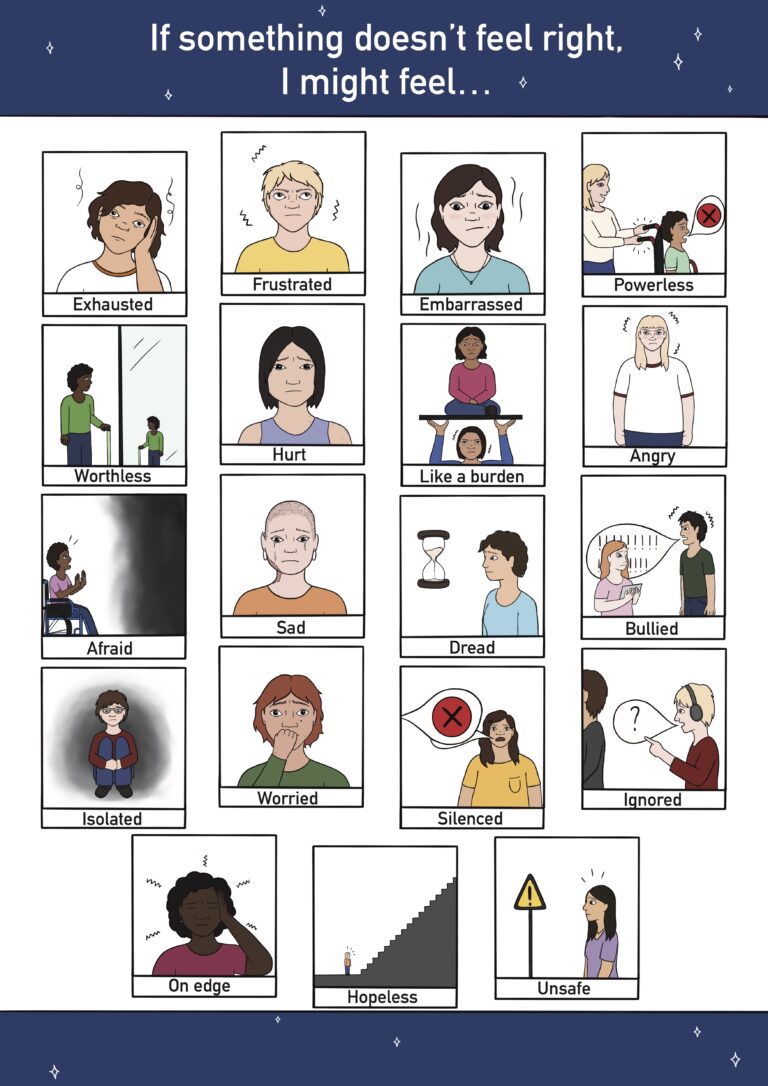
Feelings you may have if something is wrong
Willow designed this poster to help other disabled young people identify the feelings you may be experiencing if something is wrong.
When you feel any of these emotions (and even if you don’t, but you just feel like something is wrong), it’s a good idea to talk to someone you trust about what’s going on.
Sharing your feelings can be empowering. But saying how you feel isn’t always easy.
Kids Helpline has some great tips.
Kids Helpline tipsHow you might act if something is wrong
Your actions can also help you figure out when something is wrong.
When something is wrong, you might:
- Lose trust in other people
- Have trouble sleeping
- Experience physical pain
- Lose interest in activities you usually enjoy
- Use drugs or alcohol to cope
- Find it hard to concentrate.
Stay safe
Call 000 if you are in danger now. If someone is hurting you or you feel unsafe, tell someone you trust as soon as you can.
You can also contact Kids Helpline anytime on 1800 55 1800 or chat to them on the Kids Helpline website. They provide free support to people who are 25 years old or younger. No problem is too big or too small.
Kids Helpline has also created a guide to staying safe when leaving right away isn’t an option.
Next steps
Remember, this page is just a guide. If something doesn’t feel right, even if you can’t explain why, it’s a good idea to tell someone you trust.
Once you know that something is wrong, you can get help to speak up or make a complaint. Find out more on the pages below.
